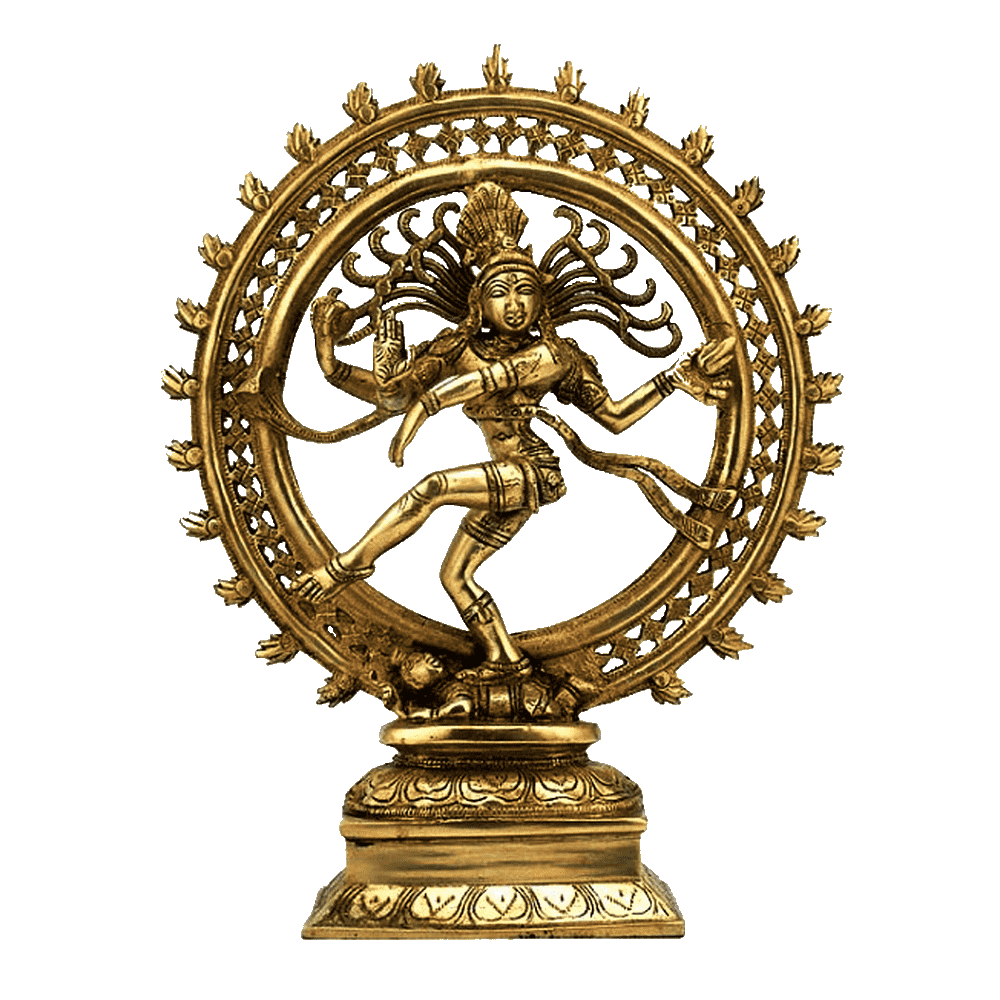
Yogini Tantras
Exploring the Sacred Worship of Female Deities in the Shakti Tradition
Abstract:
Yogini Tantras represent a distinctive and revered branch of the Tantric tradition within Hinduism, devoted to the worship of Yoginis, female deities embodying the divine feminine and various aspects of Shakti. This article delves into the origins and context of Yogini Tantras, highlighting key themes and teachings found in these texts. It explores the enduring significance of Yogini Tantras in contemporary spiritual practices, offering seekers a transformative pathway to connect with the divine feminine and the multifaceted powers of Shakti.
Introduction:
Yogini Tantras hold a significant place within the tapestry of Tantric traditions, focusing on the worship of female deities known as Yoginis. These Yoginis are considered the manifestations of the divine feminine energy, Shakti, representing various aspects of her power and grace. In this article, we embark on a journey to uncover the essence of Yogini Tantras, their origins, and their enduring significance in guiding seekers towards divine communion with the sacred feminine.
Origins and Context:
Yogini Tantras have ancient roots in the Tantric practices that celebrated the divine feminine as the ultimate creative force and the embodiment of cosmic energy. The worship of Yoginis is believed to have emerged during the medieval period in India, flourishing alongside other Tantric traditions that revered Shakti as the primordial goddess.
The Yogini Tantras were developed within the broader Tantric context, which sought to explore the transformative and mystical aspects of spiritual practice. These texts were often transmitted orally from Guru to disciple, preserving their sacredness and ensuring the continuity of the tradition.
Key Themes and Teachings:
Yogini Tantras encompass several key themes and teachings that form the core of this sacred path:
Worship of Yoginis:
The primary focus of Yogini Tantras is the reverential worship of Yoginis, who embody various aspects of the divine feminine. These Yoginis are revered for their protective, nurturing, and transformative powers.
Shakti and Cosmic Energy:
Yogini Tantras expound on the concept of Shakti, the cosmic energy that underlies all creation. Seekers are guided towards harnessing this potent energy to achieve spiritual awakening and self-realization.
Female Empowerment:
Yogini Tantras emphasize the empowerment of women and the recognition of their inherent divinity. The worship of Yoginis celebrates the sacredness of femininity and its significance in the spiritual journey.
Enduring Significance:
The enduring significance of Yogini Tantras lies in their ability to offer seekers a transformative and profound connection with the divine feminine. The worship of Yoginis provides a pathway to explore the multifaceted aspects of Shakti and cultivate a deeper understanding of feminine power and grace.
In contemporary spiritual practices, the reverence for Yoginis continues to inspire devotees to embrace the sacredness of the feminine and honor the divine energy within all beings.
Conclusion:
Yogini Tantras offer a sacred and transformative path of worshiping the divine feminine in the form of Yoginis, representing various aspects of Shakti. These sacred texts and practices provide seekers with a transformative journey towards divine communion with the sacred feminine and the realization of the transformative powers of Shakti. The enduring significance of Yogini Tantras lies in their ability to guide seekers towards a deeper understanding of the divine feminine and its profound impact on spiritual growth and self-realization. In a world seeking balance and harmony, the teachings of Yogini Tantras serve as a profound and transformative pathway towards embracing the sacredness of the feminine and celebrating the divine grace of Shakti.
Editor – Kaalchakra Team
[ Note – Before Concluding anything as a Finale, Please Go through Original Scriptures of Vaidik Literature Written in Sanskrit and Also with Meaning of That time of Language. Because English is a Limited language to Explaining the Deeper Knowledge of Vaidik Kaal. ]
